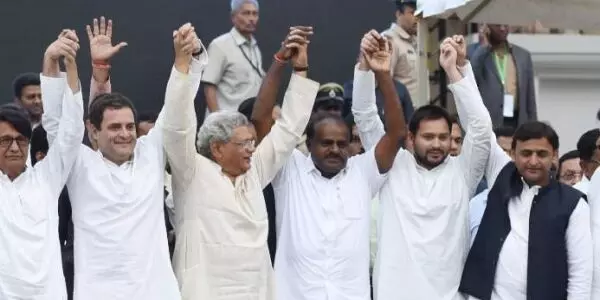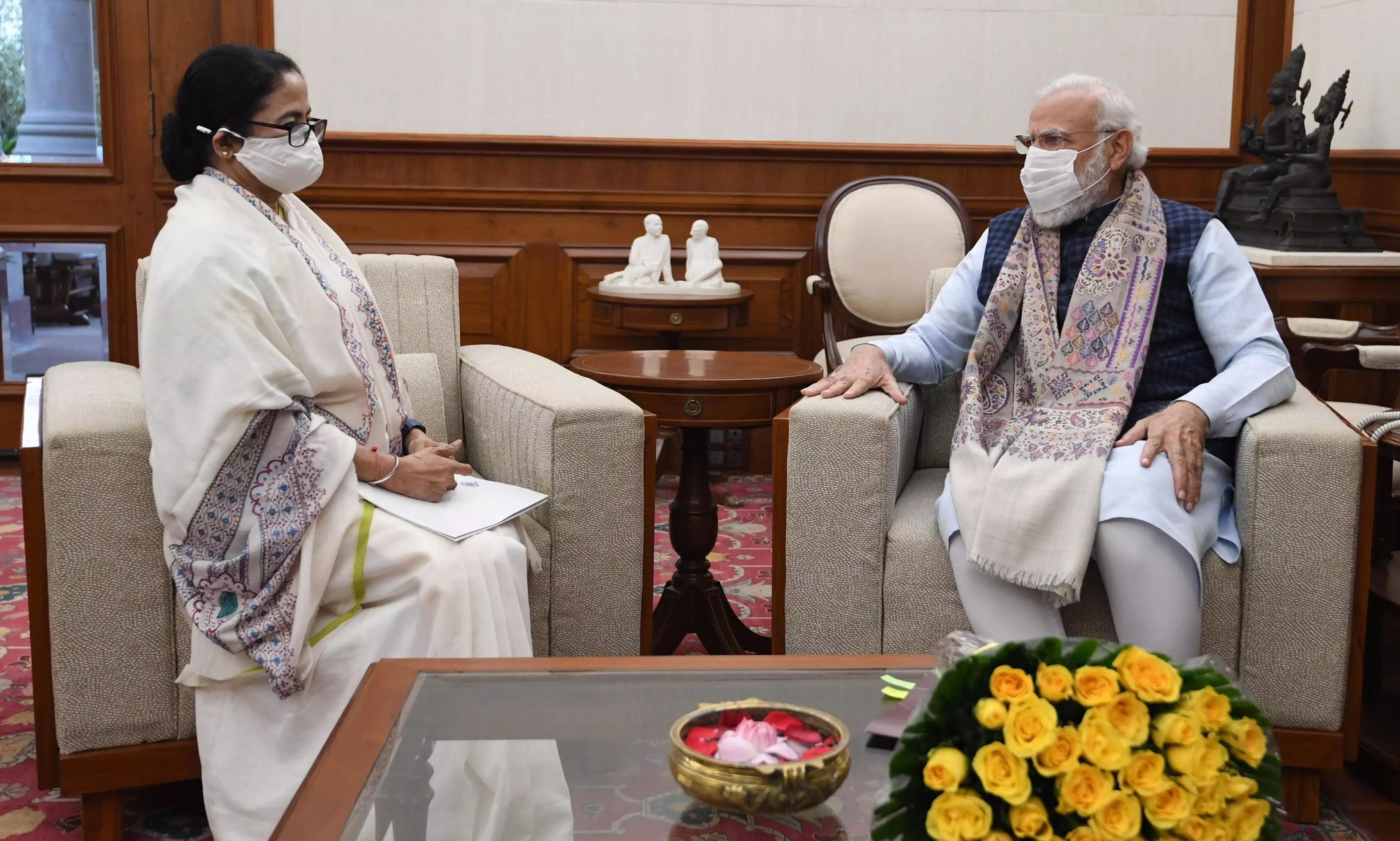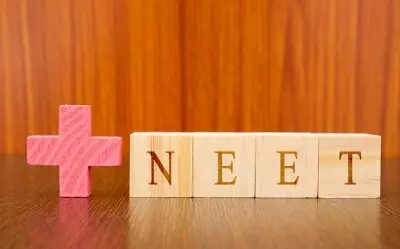
Opposition's unity moves to take on the BJP
text_fieldsImage for representation only
With the meeting of Telangana Chief Minister K. Chandrasekhar Rao, Maharashtra Chief Minister Uddhav Thackeray, cabinet members and NCP leader Sarathi Sharad Pawar having taken place in Mumbai, the electoral war preparations against the BJP in national politics has become virulent. The Telangana Rashtra Samithi (TRS) leader, who had earlier supported the NDA government, has joined the anti-BJP alliance, declaring that the country will perish if the BJP is not ousted from the Centre. According to party sources, Rao's goal is to mobilize the opposition ahead of the Presidential and Vice Presidential elections due in July and August respectively. Rao reckons that when the results of elections come out on March 10 from the five states , it will result in huge losses to the BJP in the major states of Uttar Pradesh and Punjab. In that case, the BJP will lose a significant portion of the total 690 Assembly seats and 19 Rajya Sabha seats in these states and Rao hopes to seize that opportunity for the presidential-vice-presidential election, and build it up until the 2024 general election.
Rao's move is not the first move for the opposition against the central government. Trinamool Congress leader and West Bengal Chief Minister Mamata Banerjee and DMK leader/Tamil Nadu Chief Minister M.K. Stalin are already in the picture with moves for Opposition unity. Mamata Banerjee's resistance is focused on the resistance againt the Central government's move to change the federal structure of healthy relations between the Centre and attempt to invest the Central Government with all powers. In states ruled by non-BJP governments such as West Bengal, Maharashtra, Tamil Nadu and Kerala, there are constant clashes between the government and the governor. The common complaint in all these states is that the governors are interfering in the administration of the state unnecessarily. The Opposition unity initiative by Mamata Banerjee and MK Stalin spring from resistance to several attempts by the Centre to strengthen itself against the states. The Centre's steps include the move to amend the All India Services Rules to authorise itself to recall IAS officers to the Centre at will, Governor's opposition to Tamil Nadu's move to reject NEET medical entrance exam on the ground that it is against social justice, the Delhi model reform which gives the lieutenant governor more power than the elected government, unilateral decisions without regard for the will of the States on various issues including agrarian law, and the move to extend the jurisdiction of the Border Security Force from 15 km to 50 km from the border.
Governor Ravi's move to impose Hindi angered Tamil Nadu Chief Minister Stalin. The bill which was passed by the Legislature against the NEET exam, was returned by the Governor, but was again passed again by the House. The Maha Vikas Aghadi government in Maharashtra has recommended the appointment of a 12-member committee of legislators to appoint a vice-chancellor, but the governor has not approved it. The Congress shares the same sentiment of these regional parties in dealing with IAS officers and the Centre's usurping of the rights of states in matters of co-operation and registration. At the same time, the parties have not been able to rise above vested political interests in this anti-Centre move, even as they raise valid points. While Mamata takes the initiative for unity of regional parties, she is not prepared to take Congress along. All the same, the DMK and Shiv Sena are currently ruling the state along with the Congress. While supporting Chandrasekhar Rao's unity efforts, the Shiv Sena has made it clear that it will not go ahead with the anti - Centre movement without the involvement of the Congress. TRS members have attended a meeting of Opposition MPs convened by the Congress during the parliamentary session. Thus, Mamata is the only one insisting on keeping the Congress away. The Left government in Kerala, on the other hand, has not been a part of any of these manifestations, despite receiving all slaps from the Centre. The future of these current political maneuvers depends on the outcome of the Assembly elections. Even amidst all this uncertainty, every move to mobilize public sentiment, and turn it into political resistance against the attempt to take the country to a form of autocracy is a relief.



























